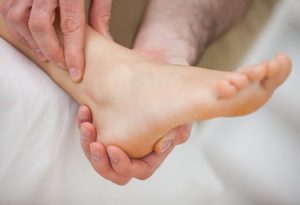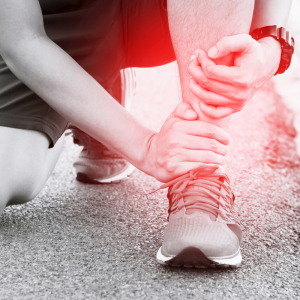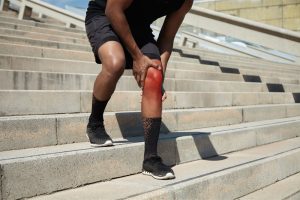The knees are so essential for our mobility but often times, we tend to overwork them or neglect to take care of them. Athletes are more prone to knee injuries and the injuries that they incur might be more severe. It could be an acute injury from accidents or overuse injury from excessive stress on the knees for long periods of time.
However, it is possible to prevent knee injury. There are simple things you can do every day to protect your knees, reduce the risk of twisting them and cutting down on the stress you put on them.
1) Stand on one leg
This stance helps to improve your balance and knee stabilizing strength. Simply stand on one leg, but avoid pulling your other leg all way up in a tight grip. Keep it bent loosely and spread your arms out to balance if needed. To increase the difficulty, you can slowly rotate your upper body left and right.
2) Stretch your hamstring
This exercise can be done anywhere, whether you’re taking a walk from your desk or watching TV. It strengthens your hamstring to give you more balance and reduce stress on your knees. Position one foot on a chair or a high step while keeping the other leg and your back straight. Then lean forward and hold the position for 20 seconds, feeling the stretch down the back of your leg.
3) Wear comfortable shoes
Avoid high heels and shoes that are too tight. Choosing a good fit helps maintain a proper leg alignment and balance, which takes pressure off the knees. You can choose to wear running or tennis shoes as those give more cushion and support. Shoe orthotics that you can buy at drugstores would also be a good alternative to give more stability and comfort.
4) Use a knee brace
Especially when engaging in sports, fabric sleeve brace provides support for the knee and prevents injury. If your daily activities involve bending, squatting and frequent changing directions, using a brace would prevent acute injuries or wearing your knees out.
5) Keep a healthy diet
To keep your knees strong, you need to keep your bones strong with a healthy diet. Take more dairy and dark green, leafy vegetables. It is especially important for elderly people and women that have gone through childbirth to replenish the calcium lost in old age and labour.








